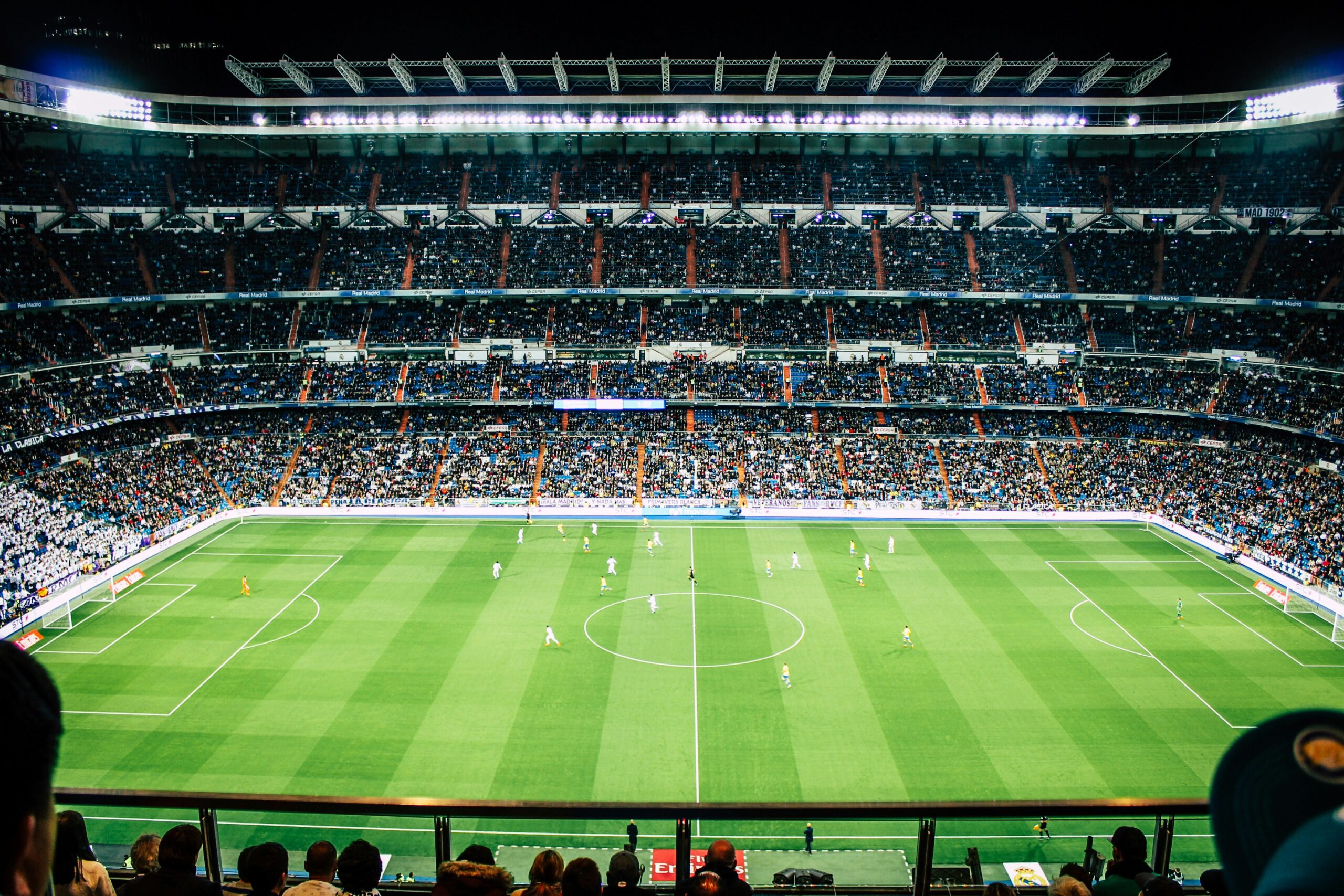
Soccer holds a unique place in the hearts of millions worldwide. More than just a game, it serves as a language that connects people of different backgrounds, beliefs, and cultures. In countries such as Brazil, Argentina, the United States, and the United Kingdom, it is deeply ingrained in daily life, influencing everything from politics to popular culture. The deep connection between soccer and national identity continues to grow stronger as fans celebrate victories, endure defeats, and unite under one flag.
Roots of Passion: Soccer as a Cultural Foundation
Every soccer journey starts on local fields and dusty streets. Children chase makeshift balls, dreaming of one day representing their country on a grand stage. These humble beginnings represent the essence of community and shared passion. Local clubs become the breeding ground for national pride, nurturing young talents who eventually rise to international fame.
For many nations, soccer reflects their social and cultural struggles. Across post-war Europe, the game became a tool for rebuilding morale. Throughout Africa, it offered hope amid political instability. Meanwhile, in Latin America, soccer turned into an expression of art, rhythm, and freedom. This emotional connection ensures that when a national team plays, it carries the dreams and identity of its entire country.
Unity in Diversity: How Soccer Brings People Together
The true beauty of soccer lies in its power to unite. Fans fill stadiums waving their national flags, singing anthems, and wearing team colors with pride. During international tournaments like the FIFA World Cup, rivalries dissolve as nations come together to support their teams.
In the United States, the sport has experienced rapid growth over the past few decades. Once overshadowed by baseball and American football, soccer now stands as a bridge connecting diverse communities. Immigrants bring their love for the game, blending traditions and chants from around the world. Through soccer, cultures mix, creating a sense of belonging that strengthens the country’s identity.
Heroes of the Nation: Icons Who Inspire Pride
Soccer players often become symbols of hope and representation. Legends like Pelé, Diego Maradona, and Lionel Messi did more than score goals—they carried the pride of their nations. Their performances shaped global perceptions of their homelands, turning them into cultural ambassadors.
When a player from a small town or marginalized background rises to fame, their story becomes a reflection of national resilience. They inspire future generations, showing that talent and determination can break barriers. This connection between players and their people reinforces the bond between soccer and national identity, transforming the sport into a symbol of shared success.
National Identity in Triumph and Defeat
Victory on the soccer field can lift an entire nation’s spirit. In 2010, when Spain won its first World Cup, citizens felt a renewed sense of unity after years of regional tension. Similarly, when underdog nations achieve unexpected wins, it strengthens national pride and belief in collective potential.
But even in defeat, soccer has the power to unite. Supporters gather to comfort each other, reflecting their shared emotions and national loyalty. These moments prove that identity goes beyond winning—it’s about standing together regardless of the outcome.
The Role of Soccer in Politics and Society
Soccer’s influence extends beyond sports; it often plays a role in shaping political and social narratives. Leaders use the game to promote peace or project national strength. For example, the “Football War” between Honduras and El Salvador in 1969, as well as Nelson Mandela’s use of rugby and soccer in post-apartheid South Africa, illustrate how deeply sports are intertwined with politics.
In many countries, governments invest heavily in soccer programs to foster unity and youth engagement. The game acts as a soft power tool, improving international image and diplomatic relationships. When national teams succeed, they elevate the country’s standing on the world stage.
The Global Impact of Soccer and National Identity
Soccer’s global reach allows countries to share their culture with the world. Jerseys, chants, and fan traditions become recognizable symbols of identity. Whether it’s Brazil’s samba-inspired celebrations, Japan’s discipline, or England’s historic chants, every nation brings its character to the field.
This worldwide exchange promotes understanding and respect among nations. As players move across borders to play in foreign leagues, they act as cultural messengers, spreading awareness and appreciation of their homeland. In this way, soccer becomes more than competition—it becomes an artistic dialogue.
The American Soccer Dream
In the United States, soccer has transformed from a niche sport into a mainstream cultural force. The success of Major League Soccer (MLS) and the rise of the U.S. women’s national team have inspired a new generation of fans. The sport’s inclusivity mirrors America’s diversity, reflecting how people from different backgrounds come together under one passion.
With the 2026 FIFA World Cup set to take place in North America, the connection between soccer and national identity is expected to reach new heights. Cities across the U.S. are preparing to showcase both their love for the game and their multicultural heritage. This event promises to redefine what it means to be a soccer nation.
From Local Dreams to Global Glory
Soccer continues to shape national identity by connecting people through shared emotions, memories, and a sense of pride. From the streets where young players first kick a ball to the stadiums filled with roaring fans, the journey reflects a nation’s heart and soul.
Every goal, every chant, and every victory becomes a chapter in the story of who we are. Soccer teaches unity, resilience, and belonging—values that define both individuals and nations. As the world evolves, the bond between soccer and national identity remains a timeless symbol of hope and human connection.